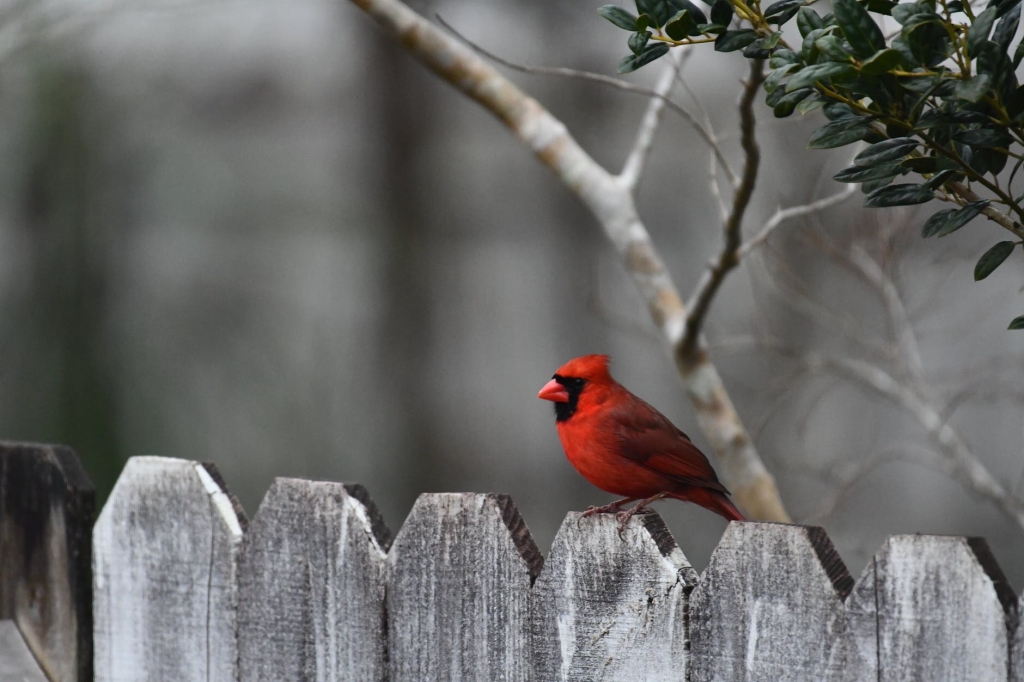Summer came to us for a few short days, and it has left again. While last week saw us basking in sunny 80-degree weather, today I am curled up on the couch with my warmest sweater pulled tightly around me. A blanket is over my legs and slippers warm my feet. It is 50 degrees outside! We know we have adjusted far too much to New England because we are refusing to put on the heat. The menu for supper will be grilled cheese sandwiches and soup when what I want it to be is grilled chicken and salad, with a drink that has a twist of lemon served in our city yard with the breeze of summer coming over us. I’ll not have my way. It is what it is, and I have no control over it.
Despite this, the flowers continue to bloom the way they do, and right now it is peonies. Peonies amaze me. Big, showy flowers, there is nothing shy about them. Their fuchsia, pink, or white blossoms take over a garden screaming “Notice me! I’ll not have you ignore me!” And then bam! They are gone. It somehow seems wrong. As though I am given this glimpse of glorious beauty and just as I’m breathing it in, it’s gone. Gone until the following year, only a memory to look back on.
I sometimes feel that way about those things that are so beautiful and good in this life. That they come, bringing us into the beauty and glory of the moment and then, like the peony season, they are gone. I stand wistfully watching, not quite believing that the beauty I was offered is no longer present, longing to bring it back. Wanting to grasp at it with my hot little hand, willing it to stay.
Like peonies, the moments come again. Though they may come in different forms and contexts, they hold the same beauty and goodness. The moment in a family wedding, where it is just you and your family and no one else really matters – all is right, and you are fully present in celebration of a sacred union. The moment where the sun is just hitting the horizon and you gasp with the beauty of it. The moment where your son arrives and surprises you, and you didn’t realize just how much you needed this gift until suddenly, there he is. The moment where you feel so fully at peace with your surroundings that you are not quite sure the peace is real, but you want to hold it for as long as you can. Those moments of newborn babies or deathbed love, moments of receiving the Eucharist, knowing that heaven just met earth through Divine Liturgy.
Yet like peonies, they are short and then they are gone. I think as humans we ache for the redemption that seems so fully present during those times. Born to be whole, set in a broken world, we drink in these moments of redemption as those who are dying of thirst. We drink them in, and then they are gone. Yet when life gets terrible and evil feels like it will win, the memories call us back and stay with us, urging us on and reminding us that faith is required to believe that beauty and goodness will come again. Reminding us that redemption is real, that someday all will be restored, beauty and goodness forever present, a broken world put together by a God who calls us home.

























